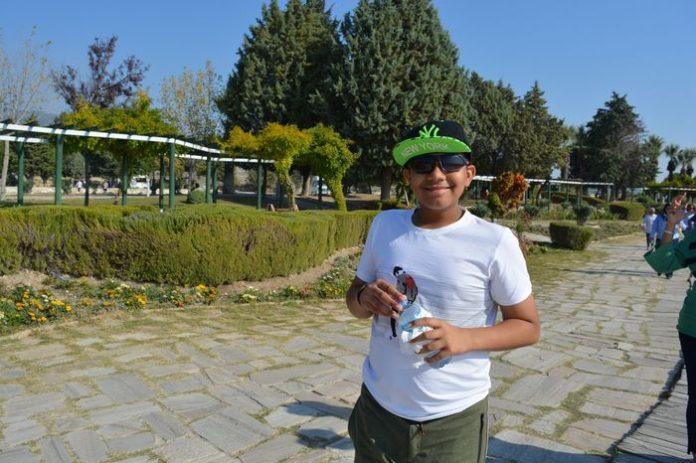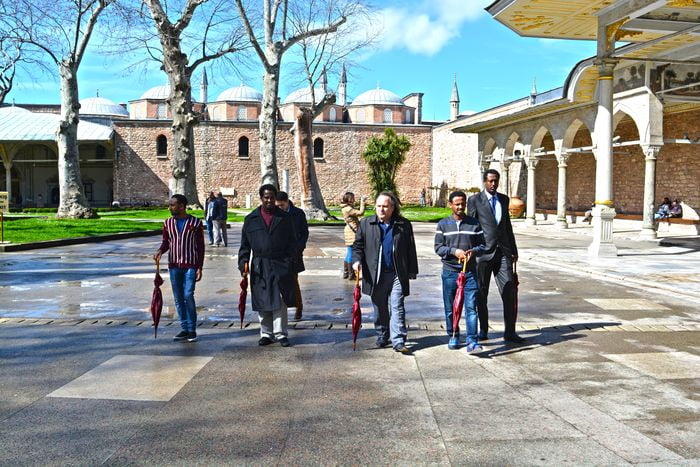A Unique Assembly
When I first entered the Serbian Parliament, what struck me was its democratic feel. There were no aristocrats or wealthy-looking individuals. Instead, it resembled a gathering of labor leaders, farm workers, a few shopkeepers, and even a couple of long-haired priests. Most of the members wore peasant clothing, giving the impression that they were casual and relaxed, almost as if they were just enjoying a day off. Because of this, it has been aptly called the “Peasants’ Parliament.”
A Collection of Groups
The Parliament is made up of various cliques rather than formal political parties. When it comes to policies, members seem to share similar views: they generally want to lower taxes and have a strong dislike for the Austrians and Bulgarians. However, the real influence comes from personal connections and relationships. Rival leaders gain supporters, and they often switch sides based on personal benefit and sentiment—something that is very important to the Serbian people The Serbian Parliament: Structure and Issues.
During my visit, the Young Radicals were the most prominent group. They were enthusiastic reformers who had outshined the older, more established Radicals due to their passion and energy. There were also about fifteen members who identified as Nationalists; they had previously called themselves Liberals but changed their name for a more appealing sound. Additionally, there were smaller groups that referred to themselves as Patriots, Conservatives, and Progressives. Interestingly, the Progressives are often the ones who resist change the most. Among the members, there was one representative from the Peasant Party, which had promised much for rural areas but failed to deliver, and two Socialists, who stood out by wearing their hats when the President read the King’s Speech at the Parliament’s opening.
Challenges to Political Progress
The Skoupshtina, as it is known, often feels chaotic, with members stepping on each other’s toes. Serbia’s political progress will be slow until the country can establish two major parties with clear policies and reduce the frequent changes in government. Currently, ministries change hands three or four times a year, making stability a challenge Customised Private Istanbul Tour.
The peasant representatives receive fifteen francs a day while attending Parliament and also enjoy free train travel for their duties. While this may seem modest, it reflects the country’s efforts to include those from rural backgrounds in the political process. However, until the Parliament can unify and develop a more structured political system, effective governance and meaningful progress may remain elusive.








